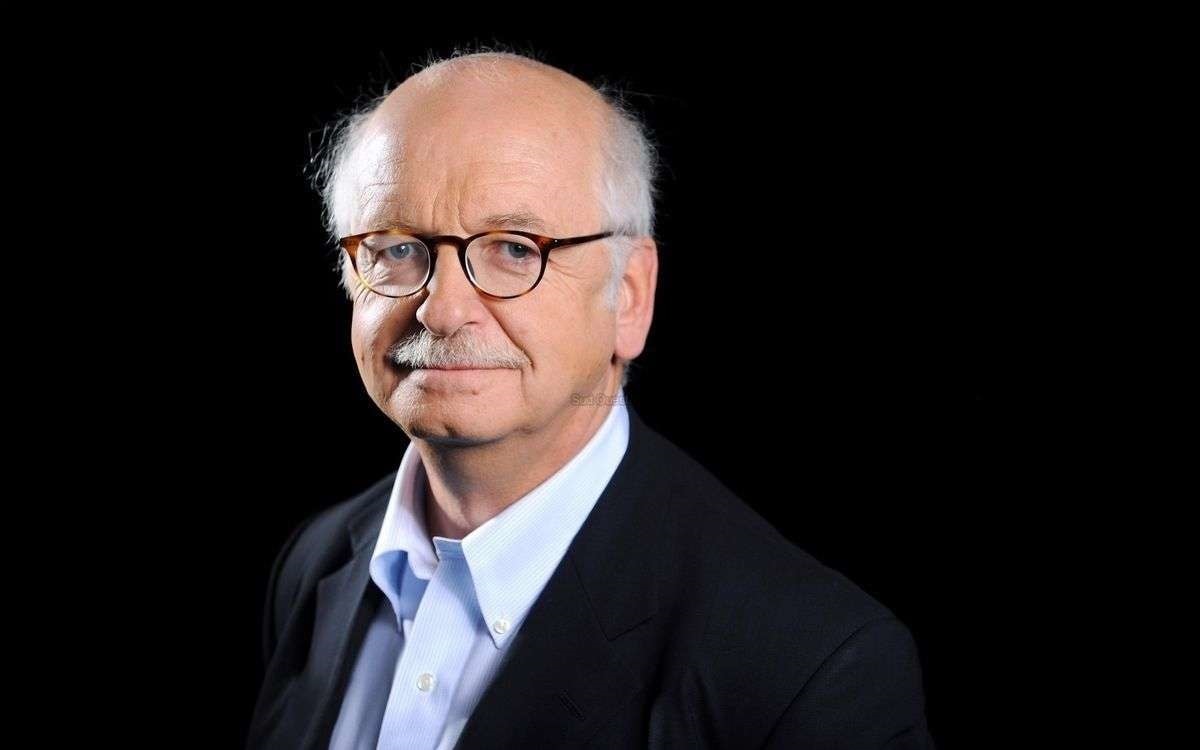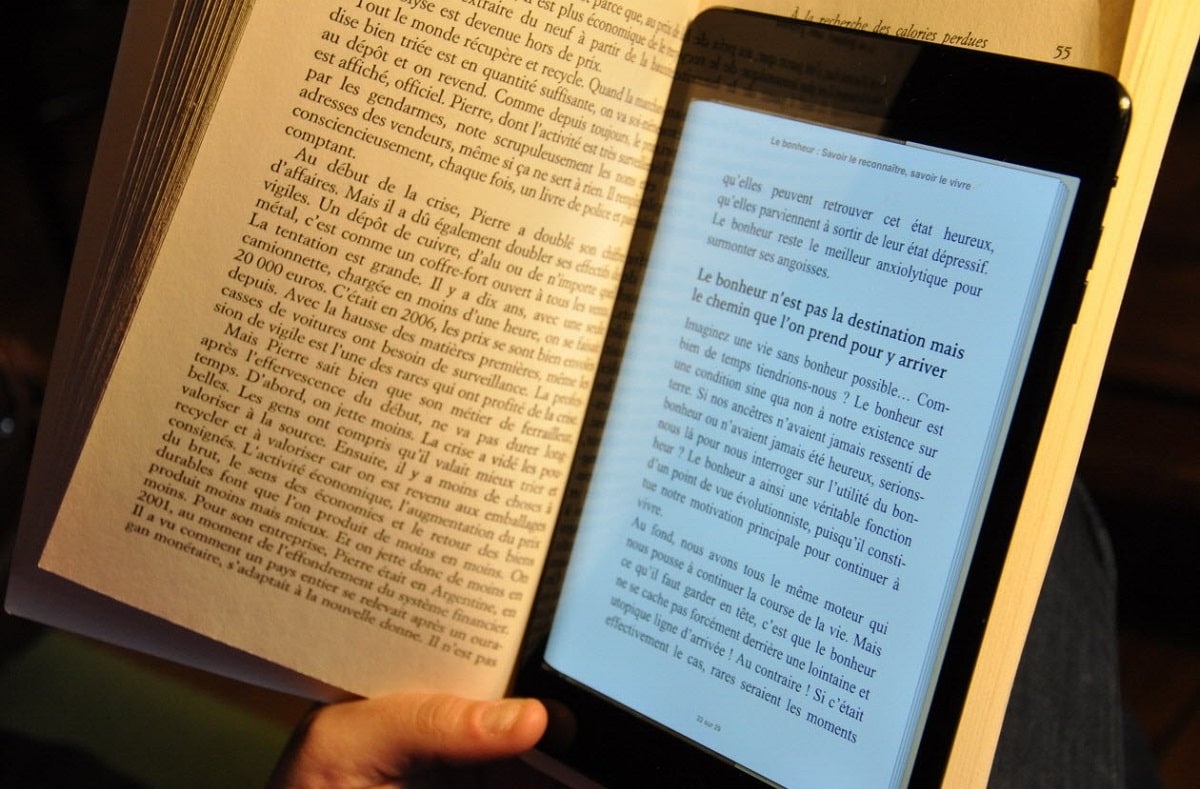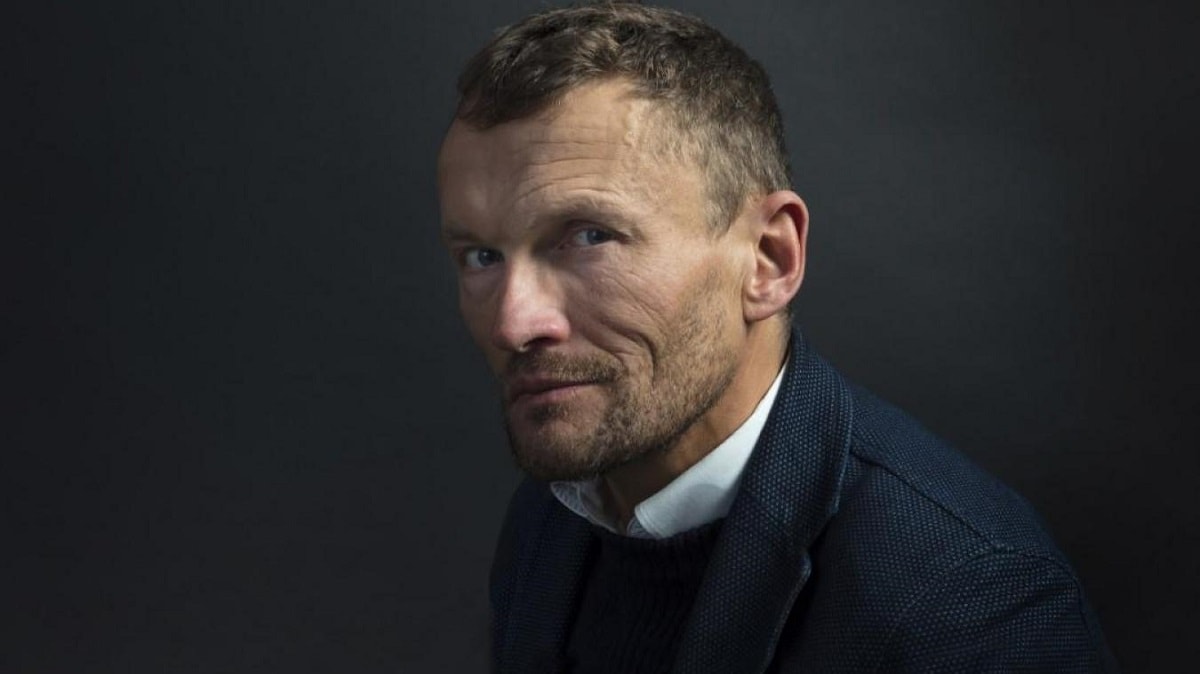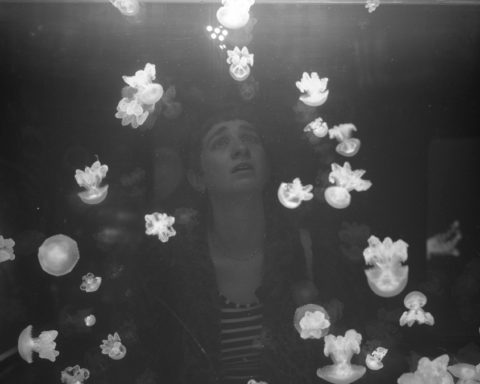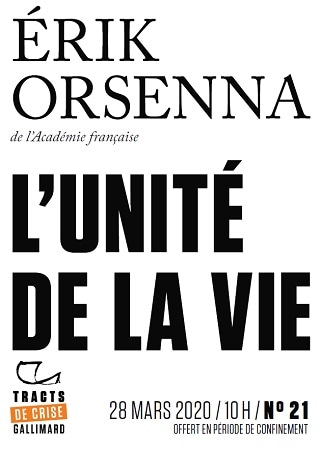
Faced with the coronavirus and the containment it causes, Gallimard publishes one or two " Crisis leaflets " online every day, free of charge, signed by the greats of the House such as Erik Orsenna, Sylvain Tesson, Cynthia Fleury, Régis Debray or Danièle Sallenave, in order to reflect on the questions raised by the epidemic and to keep the link with the reader. 24 titles have been published to date. UP' has chosen to offer you each day an extract from a selected text and author.
This epidemic forces us to return to the obvious: life is unique. This concept of "global health" is being developed throughout the world, both at the WHO (World Health Organization) and at the Pasteur Institute, notably with Professor Arnaud Fontanet. If the environment is bad, how can animals be healthy? And, within the animal world, how can we humans be the only ones to remain healthy? How can we preserve the Ocean if we continue to throw our rubbish, plastic and other waste into the rivers? The idea of watertight borders between the partners of the living is a misconception. This is one of Louis Pasteur's legacies, and probably the first. When life is attacked, it is because other living beings had an interest in it. This idea that living reality can be fragmented is not only a misconception, it is a potentially lethal one.
After working on the "geopolitics of mosquitoes", and now on swine fever, I am beginning to know a little more about the mechanics of epidemics. Are we going to learn from this new health crisis?
Pernicious cocktail that our world: an infantile and/or cynical will to want to control everything, at the same time as a blind abandonment to a crazy race that overtakes us.Before Pasteur, medicine was mostly observational. Thanks to him and others, we have made progress in the discovery of causes. What is striking is that the causes of the infectious diseases that cause death are tiny living beings, or even smaller inert particles, composed of a simple genome (DNA or RNA) and an envelope - viruses.
I'm an economist, and this is not the kind of thing you're taught, even though it's essential. This crisis makes us aware of our fragility. The more the world is connected, the more we depend on what seems most insignificant. We are much more dependent on the weakest than the strongest.
This is what the formidable essayist Bertrand Badie tells us. Threats come from the weakest. Like at sea.
In a boat, I'm always the weakest one. Either the strongest pay attention to me and help me grow, or our crew is bad. Imagine my situation at the French Academy. Every Thursday for twelve years, my neighbour was the Nobel Prize winner in medicine François Jacob, who kept telling me: "Please, learn, your ignorance is unbearable. »
He was right: the economy is only interested in one part of life. Man is far from being only " economicus ". And we can no longer continue to postpone the fundamental debate: who is more useful to society, a trader or a caregiver? So why pay the first one hundred times more than the second?
Erik OrsennaCrisis leaflets" n°21 Gallimard, 28 March 2020, 10am.

